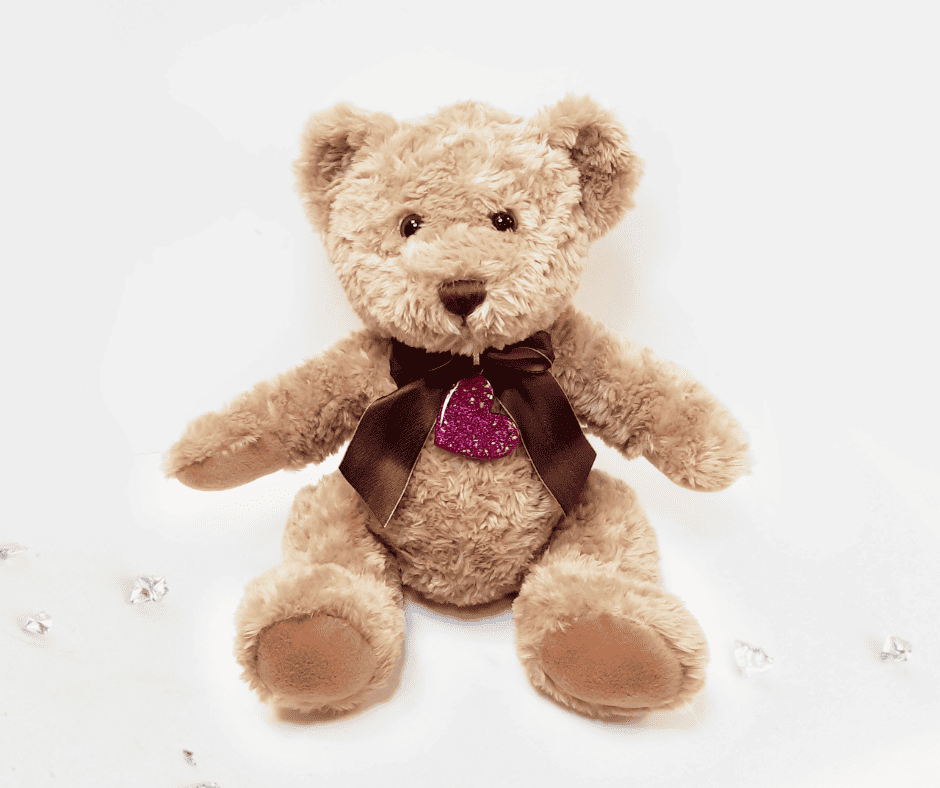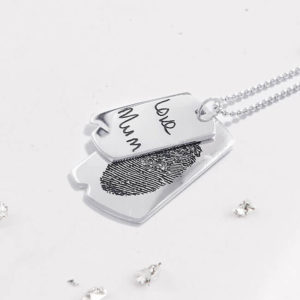Grieving is an extremely personal and complex experience. It is an especially intricate experience when it involves a child losing a parent.
This article will explore the emotional journey of a grieving child, who is mourning the loss of a parent. We will offer insights into how children may cope and heal during this time, as well as ways you can support them. We will also emphasise the importance of support from family, friends and mental health professionals, whilst the child grieves the person who has died.
Understanding Grief in Children
Child grief often displays in different ways than adult grief. Their grieving process will be significantly influenced by their developmental stage and their understanding of death.
Young children, typically under the age of five, have a limited concept of death. They may not fully grasp what is happening and they might expect the deceased to return. For children this young, grief can manifest in changes of behaviour and routine, rather than verbal expression.
As children grow older, their understanding of death develops. Older children and teenagers understand that death is permanent. During these formative years, the grieving process becomes more complex, often resembling adult patterns of grief. Children in this age bracket may start to question their mortality and that of those around them.
The Impact of Grief on a Child’s Development
Losing a parent can have a profound effect on a child’s emotional and psychological development. This article will explore the stages of grief and how each of these can impact a child’s development. We will also offer advice on supporting a grieving child.
The Emotional Impact
The emotional impact of losing a parent at a young age can be overwhelming for a child. They may experience intense sadness, anger, confusion and fear. These emotions can disrupt their daily life, affecting their concentration at school or their willingness to engage in normal activities.
The Cognitive Impact
Grief can also have cognitive effects on a child. They may struggle to focus on their school work, experience memory problems or have difficulty processing information. This can often lead to them struggling academically.
The Social Impact
Losing a parent can affect a child’s social interactions. They may feel isolated from their peers, who don’t understand them as they haven’t experienced loss. They might also have difficulty forming new friendships or trusting existing friends/family.
The Behavioral Impact
Grieving children will often demonstrate a behaviour change. They may become more withdrawn, exhibit regressive behaviours (such as bedwetting or thumb-sucking) or act out in anger. These behaviours are to be expected, they are a way for the child to express their inner confusion and sadness.
The Long-Term Impact
The impact of grief on a child’s development can extend for long periods of time, and even into adulthood. They may carry unresolved grief and emotional scars into their teenage and adult years. This can lead to difficulties in forming healthy relationships, struggles with mental health issues and a sense of meaninglessness.
Supporting a Grieving Child
Providing the right support to a grieving child can help them navigate the stages of grief. It can also minimise long-term impact on their behaviour or development.
Open Communication
Encourage open and honest communication with the child. Allow them to express their feelings and ask questions. Be patient and provide honest but age-appropriate answers.
Create a Safe Environment
Create a safe and stable environment for the child. Maintain routines and provide consistency in their daily life. This routine gives them some security to hold onto when so much around them has changed.
Seek Professional Help
If the child’s grief is particularly intense or prolonged, consider seeking the assistance of a mental health professional. Grief counsellors can help the child process their emotions and develop healthy coping mechanisms.
Encourage Expression
Encourage the child to express their grief in various ways. This can include art therapy, journaling or simply talking about their feelings. Allow them to grieve in a way that feels right to them.
The Stages of Grief
The stages of grief, while not linear or universal, provide a framework for understanding the emotional responses children may experience.
These stages include…
1. Denial
The child may struggle to accept the reality of the loved one’s death. This is often a defence mechanism to shield themselves from emotion.
2. Anger
As reality sets in, children may feel angry. This anger can be directed towards themselves, the deceased, family members or even medical professionals.
3. Bargaining
In this stage, a child might make silent wishes or promises, hoping that it would bring the parent back.
4. Depression
This stage is characterised by deep sadness. The child might withdraw from activities they previously enjoyed. They might also show disinterest in day-to-day life.
5. Acceptance
Eventually, the child may reach a stage of acceptance. Acceptance is not feeling okay about the loss, instead, it’s about acknowledging the fact that it happened and accepting that the loss needs to be lived with.
Coping and Healing
Every child’s journey through grief is unique. Some might pass through these stages rapidly, while others may linger in one stage for long periods of time. It’s crucial to recognise and support their individual needs throughout this process.
Support from Family
The role of the surviving family member(s) is pivotal. They need to provide a stable environment where the grieving child feels safe to express their feelings.
Professional Help
Engaging with mental health professionals, such as a grief counsellor, can be really beneficial. This is especially important if the child feels overwhelmed, or like they are unable to process their grief.
Grief Support Groups
Joining a grief support group can provide a sense of community and understanding. It helps the child realise they are not alone in their experience. It is a support network of children experiencing a similar thing.
Memorial Items
In the journey of grief, especially for a child losing a parent, finding comfort and a way to hold onto memories is crucial. Memorial jewellery plays a unique role in this process, offering a tangible connection to the lost loved one. Memorial bears and memorial necklaces are two forms of such jewellery that can provide solace.
Memorial gifts are a great idea. Memorial bears are specially designed soft toys that can be made using clothing or fabric that belonged to the parent who has passed away. These bears can become a comforting presence for a child, offering something to hold onto that carries the essence of their parent.
Memorial necklaces, on the other hand, allow for something of the parent’s to be kept close to the child’s heart. These can be simple pendants that hold ashes or incorporate a piece of fabric, a photo, or even a fingerprint. These necklaces can be a discreet yet powerful reminder of the parent’s love, providing comfort during difficult times.
Both memorial bears and necklaces offer a way to navigate the complex emotions of grief, helping children to remember and feel connected to their parents in a personal and meaningful way. These items can be a source of comfort, helping to soothe the pain of loss with the warmth of cherished memories.
Remembering the Person Who Has Died
Encouraging the child to remember the person who has died can be therapeutic. This can be through sharing stories, looking at photographs or celebrating the deceased’s life in meaningful ways.
These positive memories can be a source of comfort and connection, helping the child cherish the happy moments they had with their parent.
Navigating Complex Emotions
Children in grief may experience a range of emotions, from feeling guilty for things said or done to intense bouts of depression or anger. Older children and teenagers might struggle with existential questions, while young children might show regressive behaviours.
The crucial part is to allow them to experience these emotions without judgement. Assuring them that it’s normal to feel this way is a good way to support them through their grieving process.
Helping a Grieving Child Fully Understand
For a child to fully understand and process loss, honest, age-appropriate communication is key.
Death should be explained in a way they can understand. You should also answer any questions they might have, even if it means having difficult conversations. Understanding that death is permanent is essential, so they do not hold out hope of the parent returning. This will enable them to grieve properly.
Long-Term Impact on Mental Health
The loss of a parent can have a lasting impact on a child’s mental health. It’s important to monitor their well-being over time and provide ongoing support.
Support from mental health professionals can help prevent potential long-term psychological issues. These professionals can help your child navigate grief-related issues, such as depression, anxiety and post-traumatic stress disorder. If you think your child needs help from a professional, you should seek out support quickly.
Conclusion
Supporting a child through the grieving process requires patience, understanding and compassionate support. By acknowledging their pain, providing a supportive environment and accessing professional help when necessary, their grieving journey becomes a bit easier to navigate.
The stages of child grief are not just steps towards healing; they are an important part of a child’s emotional growth and understanding of life’s most challenging experience. By supporting them through this journey, we can help them heal whilst also equipping them with the tools they need to tackle future grief.







